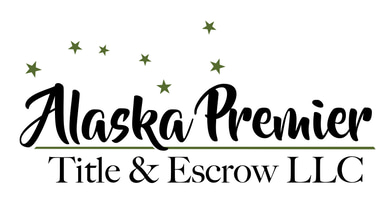Owner Financing Transactions
Owner financing, also known as seller financing or seller carryback, is a real estate transaction in which the seller of a property (typically a home or piece of real estate) acts as the lender and provides financing to the buyer. In other words, instead of the buyer securing a mortgage from a traditional lender like a bank, credit union, or mortgage company, they receive the necessary funds directly from the seller.
11/9/20232 min read


Here's how an owner financing transaction typically works:
Negotiation of Terms: The buyer and seller negotiate the terms of the owner financing agreement, including the purchase price, interest rate, down payment, and the repayment schedule. These terms are outlined in a promissory note and a purchase agreement.
Down Payment: The buyer usually makes a down payment to the seller. The amount can vary, but it's typically lower than what a traditional lender might require. This provides the seller with some upfront cash.
Promissory Note: The promissory note is a legal document that outlines the terms of the loan, including the interest rate, monthly payments, and the duration of the loan. This note serves as the formal agreement between the buyer and seller regarding the loan.
Repayment: The buyer makes regular monthly payments to the seller, which typically include both principal and interest. The repayment schedule is determined during the negotiation of terms.
Security Instrument: To secure the loan, the seller may take a mortgage or deed of trust on the property. This allows the seller to take back the property in case the buyer defaults on the loan.
Ownership and Possession: The buyer takes possession of the property upon closing and is considered the owner. However, the seller retains an interest in the property until the loan is fully paid off. This means that if the buyer defaults, the seller can potentially repossess the property.
Title Insurance: It's common for the buyer to obtain title insurance to protect their interests and ensure that the property's title is clear.
Owner financing can benefit both buyers and sellers:
Benefits for Buyers:
Easier qualification: Buyers who might not qualify for traditional mortgages can often secure owner financing.
Flexible terms: Buyers and sellers have the flexibility to negotiate terms that suit their needs.
Potentially lower costs: Owner financing may involve lower closing costs and down payments.
Benefits for Sellers:
Attracts more buyers: Offering owner financing can make a property more appealing to a broader range of potential buyers.
Steady income: Sellers receive a consistent stream of income from the buyer's monthly payments.
Potential for higher sale price: Sellers may be able to command a higher sale price and interest rate than what they'd earn from other investments.
It's important to note that owner financing arrangements can be complex and vary based on the specific terms negotiated between the parties. Both buyers and sellers should seek legal and financial advice to ensure the transaction is properly structured and documented. Additionally, state and local regulations may impact owner financing, so it's essential to be aware of any legal requirements in the specific jurisdiction.
